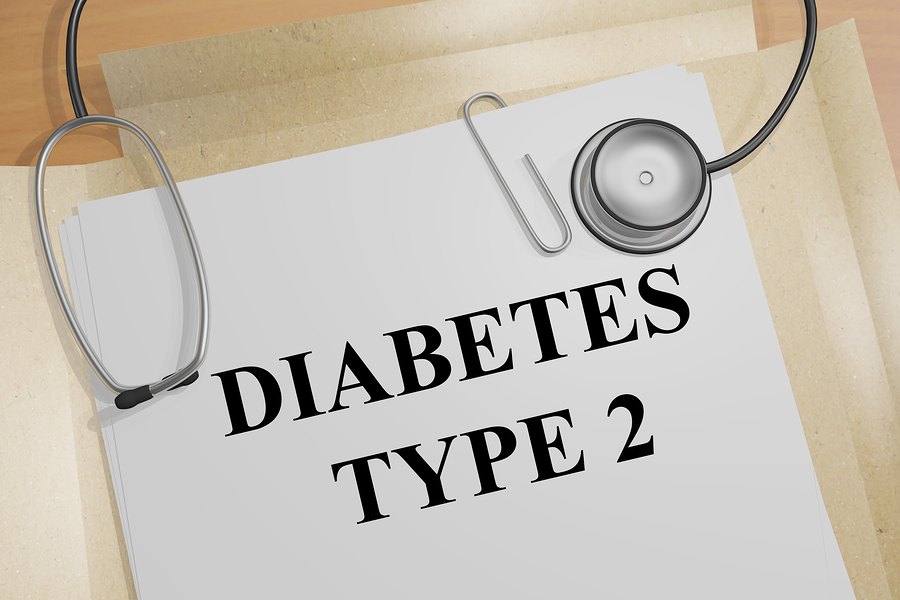

If your blood sugar levels continue to rise, you may become confused and lethargic. Loss of appetite, belly pain, and/or vomiting.If your body produces little or no insulin (people with type 1 diabetes and some people with type 2 diabetes), you also may have:


Similarly, discomfort in the limbs, hands, and feet may make it difficult for a person with diabetes to fall.

The symptoms of high blood sugar can be mild, moderate, or severe. People with type 2 diabetes have a higher risk of developing a sleep disorder. If you have damaged nerves in your legs and feet, you might not. Classic symptoms: Polyuria, polydipsia, polyphagia, and weight loss. Uncontrolled diabetes can damage your nerves. Ovalle notes that most symptoms of type 2 diabetes come on and progress gradually.High blood sugar (hyperglycemia) is most often seen in people who have diabetes that isn't well controlled. Diabetes can cause two problems that can affect your feet: Diabetic neuropathy. No two people with type 2 diabetes experience the condition in the exact same way, and the number of symptoms and their severity fluctuate from person to person. Because type 2 diabetes affects every cell in the body, the condition can cause a wide range of symptoms, says Fernando Ovalle, MD, the director of the multidisciplinary diabetes clinic at the University of Alabama at Birmingham School of Medicine. To stay fully on top of your metabolic health, you need to listen to what your body is telling you. In some cases, based on your family history, age, and overall health, your doctor may go ahead and include an A1C test in your yearly workup. If your physician finds your levels to be high, they’ll evaluate your A1C, which is a two- to three-month average of your blood sugar levels. Type 2 diabetes symptoms can include excessive hunger or thirst, frequent urination, extreme fatigue, nerve tingling, and blurry vision. Often, people do not have noticeable symptoms, especially in the earlier stages ( prediabetes ). Getting your annual physical, which typically involves testing your fasting blood sugar levels, is a great first-line screening for type 2 diabetes, no matter how healthy you think your blood sugar levels are, says Dawn Turner, RD, CDCES, a diabetes educator at the Northwestern Medicine Regional Medical Group in suburban Chicago. Type 2 Diabetes Symptoms Type 2 diabetes develops gradually. But one-fourth of those people don’t know they have the condition. And while some people can control their blood glucose (blood sugar) levels with healthy eating and exercise, others may need medication or insulin to manage it. More than 37 million people in the United States have type 2 diabetes, according to the Centers for Disease Control and Prevention (CDC). Type 2 means that your body doesnt use insulin properly.


 0 kommentar(er)
0 kommentar(er)
